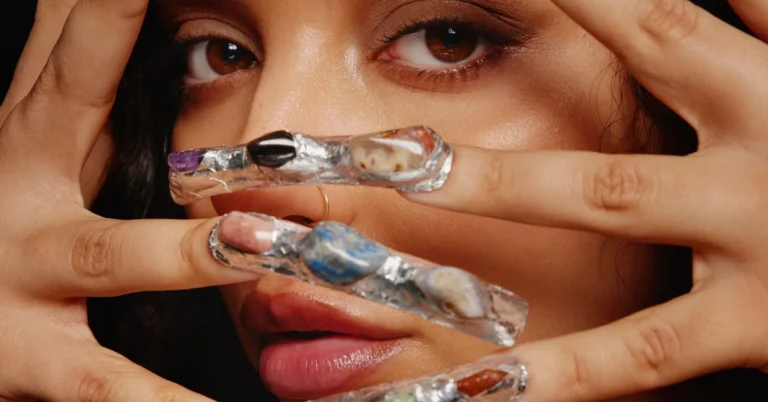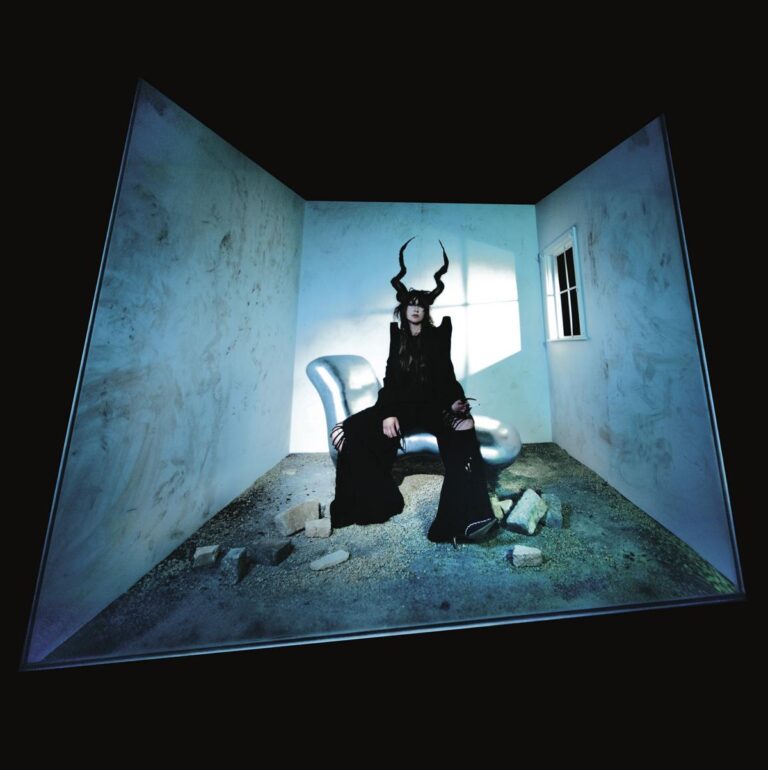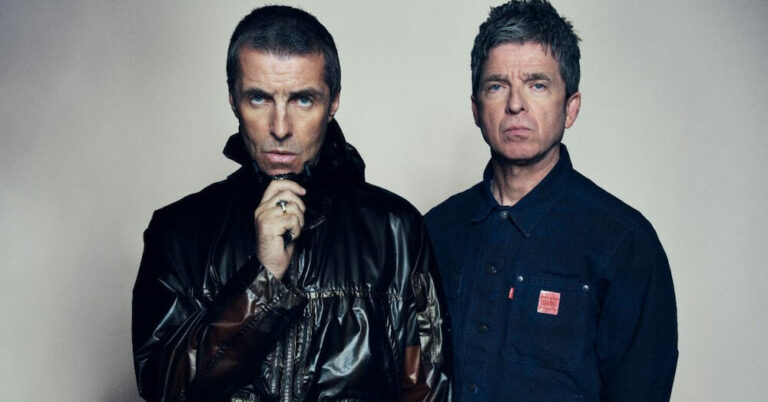Online casinos offer a huge variety of games to keep the player interested in staying on the site. However, it’s often difficult to navigate through such an assortment — the game lobby can include thousands of all sorts of titles. To make the choice easier for the user, we have prepared WinSpirit Casino reviews of the most popular game collections, their key features, and examples of really worthwhile games.
Win Spirit Slot Machines — the largest section of games
Players will find more than 3,000 slot machines on the site — this is the most popular game. Everyone can play slots — all they need to do is to choose the bet size and start the spin. Despite their simplicity, these games will be able to surprise even an experienced gambler. For convenience, Winsprit has divided them into collections by key features, we will tell users about the best of them.
WinSpirit Bonus Buy
In modern online slots, the most interesting thing is the bonus round. And in some games, the player can simply pay for its activation, for example, in Gold of Minos by BGaming. There’s a whole Bonus Buy menu that allows the punter to choose the respin option — the more expensive it is, the higher are the chances of a big win.
Win Spirit Casino Jackpot
Every player dreams of winning the jackpot, and WinSpirit Casino gives a real opportunity to do it in a special collection of slots. The easiest way is to launch any coin-themed VolEnt game, such as 15 Coins with its unique Hold the Jackpot bonus round mechanics and 4 types of main prizes.
Win Spirit Megaways
One of the most popular mechanics in slots is Megaways, it provides thousands of payout paths. Players can appreciate the benefits of this technology in Fury of Hyde Megaways by Yggdrasil. Each spin, the number of payaways changes and symbols are simply counted on adjacent reels.
Other WinSpirit Casino slots collections
Here are some more interesting online slots sections at WinSpirit Casino:
- Hot — these are the games where right now someone is winning. The list is updated, but Wild Cash x9990 by BGaming and Lion Gems by Playson are often available here.
- Bonus wagering — if a player uses a bonus, they can definitely fulfil the wager in these slots. The best choices are Cherry Boom by Onlyplay and Bamboo Rush by Betsoft.
- Low volatility — here are collected games that allow beginners to win little but often. For example, 3×3 Hold the Spin by Gamzix or Black Wolf by Booongo.
As well, gamers can use the collection of new releases, recommended games, TOP, or sort slots by their favourite providers.
WinSpirit Casino RNG-games
Apart from slots, there are many other games available on the site, with original rules and the ability to control the odds of winning. In WinSpirit Casino reviews, experts described each category of these games so that members can quickly understand the rules and try as many of them as possible.
Scratch Games
Every adult has at least once bought a scratch card at a kiosk to test their luck. Now such games are available online and offer the most realistic gameplay. To make sure this is possible in 3 Kings Scratch by BGaming, erasing the dusting with a gold coin.
Win Spirit Bingo
Something similar can be said about bingo — Win Spirit Casino offers several types of this game. The mechanics here are the same as in the real bingo — the gamer needs to get a winning pattern on the cards by crossing out the numbers that fall out. In Bingo Power by Belatra the software does it instead of the user, that is very convenient.
WinSpirit Table Games
Another collection of games on RNG is table games. It contains casino classics — roulette, blackjack, poker, etc. The advantage of such games is that there is a demo mode — beginners can make virtual bets without risk. Besides, it is quite realistic to manage chances here, having understood the rules of European Roulette by TrueLab, Blackjack Surrender by Platipus, Baccarat by Esagaming and Texas Hold’em by Orbital.
WinSpirit Casino Crash Games
Probably the most original collection of WinSpirit Casino games is Crash. It contains unusual entertainment, the main point of which is to collect the winnings in time. For example, in Space Blaze by Mascot the player can watch a spaceship take off in order to collect his prize before it crashes.
Win-Spirit Live Casino
Members can get an experience as close as possible to playing in a land-based hall by visiting the games with real dealers section. Here are the best collections and examples of such games:
- Roulette — here players can run Roulette Rouge and Gravity Roulette.
- Blackjack — here the user can play Blackjack 8 and Las Vegas Blackjack against the dealer.
- Poker — here the gambler can test his skills in Casino Hold’em and 6+ Poker.
- Game Shows — the best choice for a colourful experience in Robin the Fair and Wonder Wheel.
Baccarat, craps, live lotteries and more can also be found in this section.
Popular games in WinSpirit App
All the games that punters have learnt about in this review, and even more, are available in the mobile app from the online casino. Using this programme allows them to launch items without long loading times, with the graphics and sound quality fully preserved. When playing through the app, users won’t even have to unfold their phone — the gameplay of any title will be automatically adapted to a portrait orientation for one-handed control.
The material suggests information taken from the expert gambling portal – auspokies.net.





















